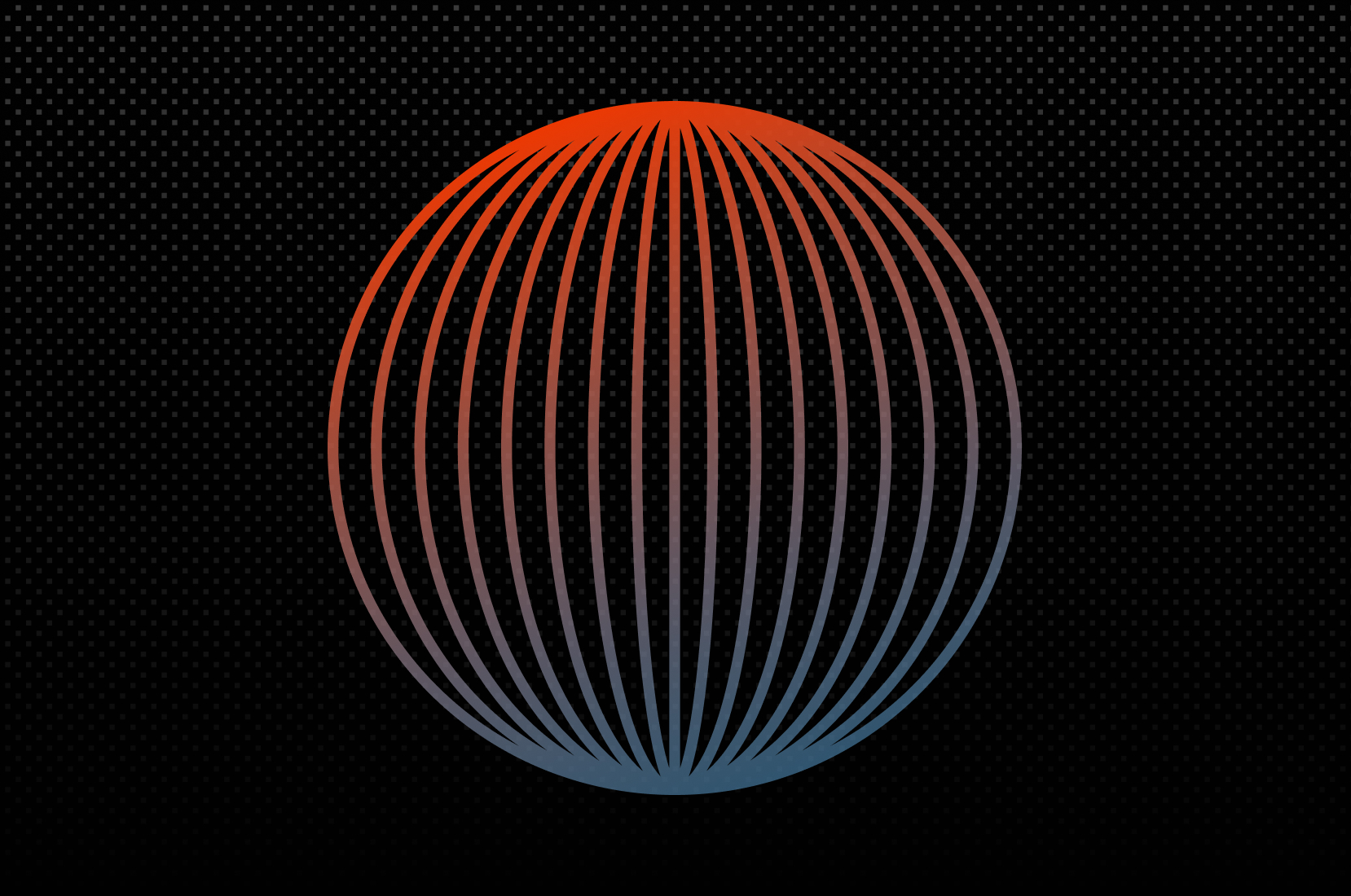Building upon the “Notable Legislation” section of CNTI’s issue primers, find more information here about recent and proposed legislation in key countries across our issue areas. These pages add additional information at the country level where there has been a high level of legislative activity requiring more detail or context.
Artificial Intelligence in Journalism
In recent years, a range of legislative proposals have been introduced that would, to some extent, regulate AI. The AI Bill of Rights, unveiled in October 2022, outlines five key protections Americans should have in the AI age upon which to build future policy discussions to address safety, discrimination, privacy and transparency. This document may set the stage for future legislation or for the establishment of an agency to regulate AI but lacks details and mechanisms for AI regulation and enforcement. The soon-to-be-reintroduced collective bargaining legislation, the Journalism Competition & Preservation Act (JCPA), is also expected to include commercial arrangements related to AI tools. In late March 2023, the U.S. Copyright Office launched an initiative to examine AI issues, including “the use of copyrighted materials in AI training.” In October 2023, the Biden administration released an executive order to develop safety guidelines around generative AI. The Institute for Data, Democracy & Politics maintains a list of U.S. federal legislative proposals pertaining to generative AI, and other organizations have tracked this legislation at the state level.
Building News Sustainability
The Journalism Competition and Preservation Act (JCPA), dropped by U.S. Congress in December 2022 but revived and advanced by the Senate Judiciary Committee in June 2023, would create an exemption to antitrust law allowing news publishers to band together to negotiate for payments from digital platforms. Concerns have been expressed about the bill benefitting legacy or large publishers at the expense of local, independent media (e.g., a publisher cap of 1,500 employees excluding only the three largest U.S. newspapers), its potential to threaten platforms’ efforts to moderate hate speech and disinformation, its potential to violate existing copyright law and its missing requirements that publishers spend money on journalism (e.g., hiring journalists or boosting coverage of news).
Similar legislation is also being proposed at the state level. For instance, in Massachusetts, policymakers are considering proposed legislation, H.74 and S.34, to collect fees from streaming service companies into a general fund, with a portion of the fees earmarked specifically to support public access media. Further, the California Journalism Preservation Act, put on hold in the state’s legislature until 2024, would tax platforms’ advertising profits made from distributing news articles as a “usage fee” and redistribute at least 70% of that money to news publishers based on how often their content is displayed. Concerns have been expressed about the bill’s potential to violate the First Amendment and existing copyright law, harm smaller publishers and financially compensate creators of clickbait and disinformation. Questions remain about how the bill would be implemented across digital platforms that operate differently (e.g., social media versus search engines) and about how to ensure funding would go toward journalism. Like in Canada, in response to the passage of the CJPA, platform companies including Meta and Google have announced that they will block news links on their platforms.
Separately, recent U.S. legislation focuses on economic support for local news specifically with the revamped Community News and Small Business Support Act, which was reintroduced in July 2023 to the U.S. House Committee on Ways and Means. The bill would create an advertising tax credit for small businesses to advertise with local news and a payroll tax credit for local journalists, both for five years. It also includes a provision preventing (1) news organizations controlled or funded by interest groups and (2) newsrooms that don’t employ at least one full-time local journalist from eligibility. An earlier iteration of this bill, the Local Journalism Sustainability Act, floundered in the U.S. House of Representatives in 2021, in part due to its inclusion of a complicated third individual tax credit for news subscriptions.
Enhancing Algorithmic Transparency
The U.S.’s most recent platform accountability legislation, the Platform Accountability and Transparency Act, was reintroduced to Congress in June 2023. One central element of the act is its public transparency requirements for social media platforms, including provisions for public access to advertising libraries and disclosures on “highly disseminated,’’ or viral, content.
The act (along with the Digital Services Oversight and Safety Act) would also promote and protect researcher access to platform data by creating a National Science Foundation (NSF)-facilitated program for independent researchers to request access to certain data, requiring the development of privacy and security protocols for the program and offering legal protections for researchers and journalists who collect and analyze publicly available platform data. A provision to revoke controversial Section 230 protections from platforms that fail to comply with approved data requests was removed from the bill.
Separately, the Biden administration may seek a deal with European regulators to harmonize access for U.S. researchers with provisions in the EU’s Digital Services Act (DSA).
Journalists & Digital Security Threats
In early 2023, the Biden administration released a wide-ranging cybersecurity strategy aiming to bolster protections against cyberattacks. Separately, the administration has taken action to counter spyware abuses, including announcing a multi-country collaboration to control the proliferation of these technologies and signing an executive order to prohibit U.S. governmental use of commercial spyware.
Meanwhile, bipartisan U.S. House and Senate bills (the PRESS Act) have been reintroduced with the aim of shielding journalists’ communication records and data. The act would limit the government’s ability to require journalists to disclose data that could identify their sources, with limited exceptions for terrorism and the imminent threat of violence. The PRESS Act has largely been lauded by experts as creating strong protections for independent journalism.
At the same time, U.S. lawmakers have also been considering online child-safety bills such as the EARN It Act and the Stop CSAM Act, but there are concerns that they could be exploited to spy on users’ private conversations, thus eroding encryption protections and threatening human rights.
Protecting an Open Internet
In April 2022, the Biden administration announced a global partnership signed by 61 nations, the Declaration for the Future of the Internet, to establish norms for an open, global internet. While the declaration is largely symbolic, and signatories include countries with declining or inconsistent internet freedoms, some experts note it may help to prevent wavering democracies from state overreach when it comes to internet governance.
Within the same month, the U.S. Department of the Treasury also announced an order allowing internet service providers to continue operating in Russia despite sanctions following the country’s invasion of Ukraine. The order came in response to warnings from civil society groups that restricting internet access by pulling U.S.-based software companies and internet providers from the country could risk further isolating Russian citizens and journalists. The order promoted an open flow of information for citizens and independent media.
At the same time, new challenges to an open internet in the U.S. have emerged as some policymakers have called for bans of the popular platform TikTok. In 2020, the Trump administration issued a confusing series of executive orders (later challenged in court and revoked by the Biden administration in 2021) intended to block apps like TikTok, WeChat and Alipay due to national security threats without offering clear evidence of the nature of these threats. In 2022 and 2023, several legislative proposals restricting TikTok have been introduced at both the federal and the state level. In particular, Montana’s legislation outright banning TikTok, S.B. 419, targets app stores and TikTok, rather than individuals, imposing a daily fine for each time a user is given the ability to access TikTok. The proposal, if not vetoed by Montana’s governor, would take effect in January 2024. The ban has since been challenged in lawsuits by TikTok users and by TikTok itself. As we note earlier in this primer, these bans represent threats to free expression and an open internet.


